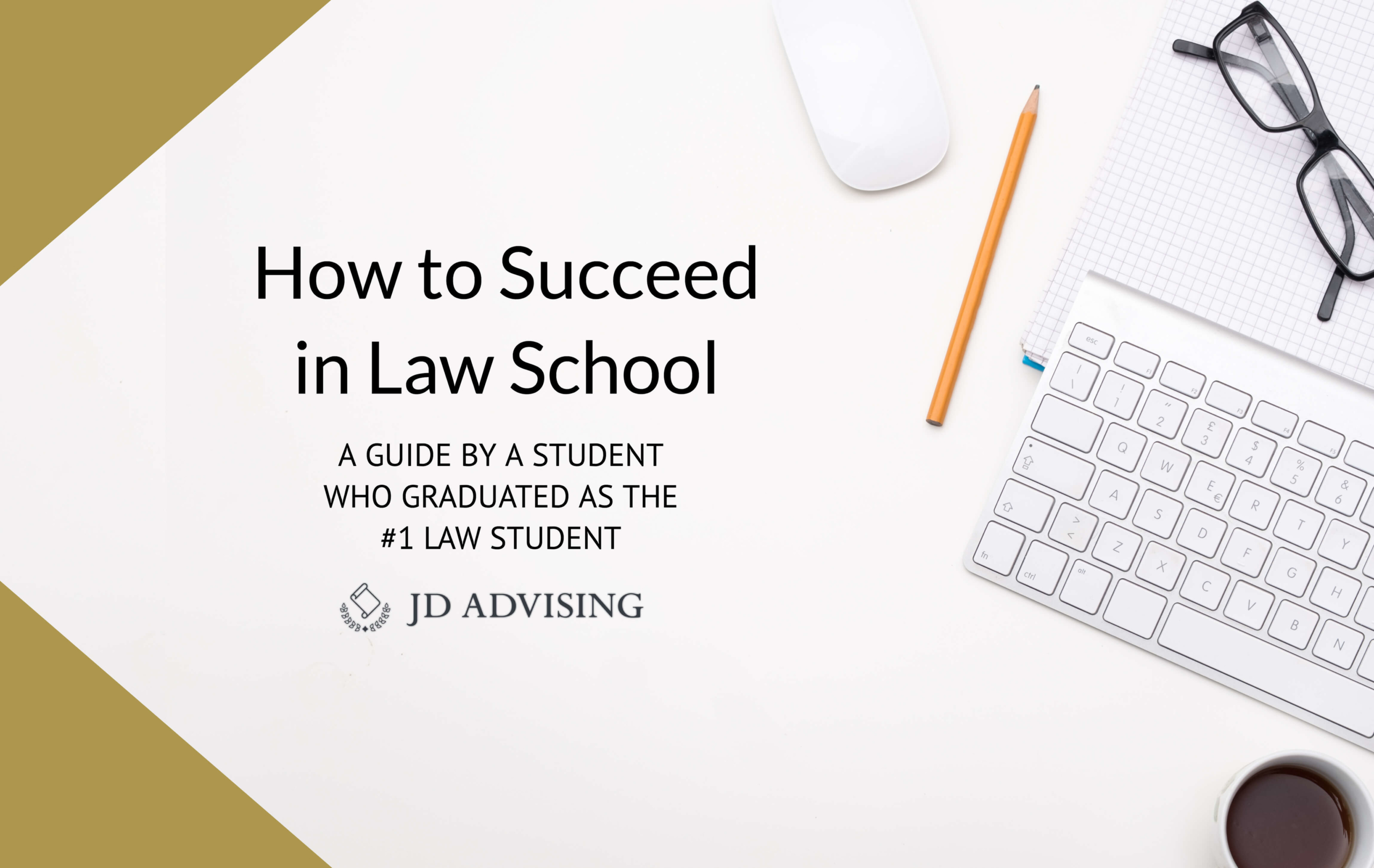What are First Year Law School Classes Like?
What are First Year Law School Classes Like?
First year law school classes vary from school to school. However, the majority of schools follow a traditional law school curriculum that includes some basic first year (or 1L) classes. You can read about the exact first year law school classes you are likely to see here.
The traditional law school curriculum includes the following classes:
- Real Property
- Torts
- Criminal Law
- Civil Procedure
- Constitutional Law
- Contracts
- Legal Writing/Research
 What is Law School Like?
What is Law School Like?
Here, we summarize an overview of what the first year of law school is like. There are a few key things to be aware of.
Case Method:
In terms of assignments, most law schools follow the “case method.” This means that the vast majority of your assignments will consist of reading cases. Cases are opinions written by judges that state why a case should turn out one way or another. Some of the cases you will be assigned are really old and difficult to read and comprehend. Others are more modern and easier to understand.
Grading:
In general (with the exception of any legal writing or research course you may take), there are no graded homework assignments to hand in, essays to write, or quizzes to take. Your entire grade will be based on your performance on the final exam. First year classes are graded on a strict curve so not many students receive A’s.
Socratic Method:
First year law school classes are traditionally taught using the Socratic Method. Thus, instead of lecturing about the law, a professor will randomly “call on” a student and ask them questions about the cases they are assigned to read. The point of the Socratic Method is to teach students to think like lawyers. Some professors call on students completely randomly. Others tell students ahead of time when they will be on call. The Socratic Method usually intimidates students and it takes a while to get used to. However, it is important to note that your on call performance usually does not have any bearing on your final grade.
Difficulty:
The first year of law school is a difficult year. As mentioned above, first year classes are graded on a strict curve so not many students receive A’s.
It is very intellectually challenging, requires a lot of hard work, and full-time students generally do not have much free time to dedicate to other interests. For further information on the differences between college and law school, click here.
Note that second and third year law school classes are usually more laid back. Students generally get to choose which classes they take. A strict grading curve is not generally followed. Also, many professors do not use the Socratic Method during the second and third year of law school and will instead resort to traditional lecturing or lead class discussions using volunteers.
Seeking Success in Law School?
- Benefit from personalized one-on-one tutoring by our seasoned law school tutors.
- Explore our NEW and highly acclaimed law school study aids, available for a free trial.






